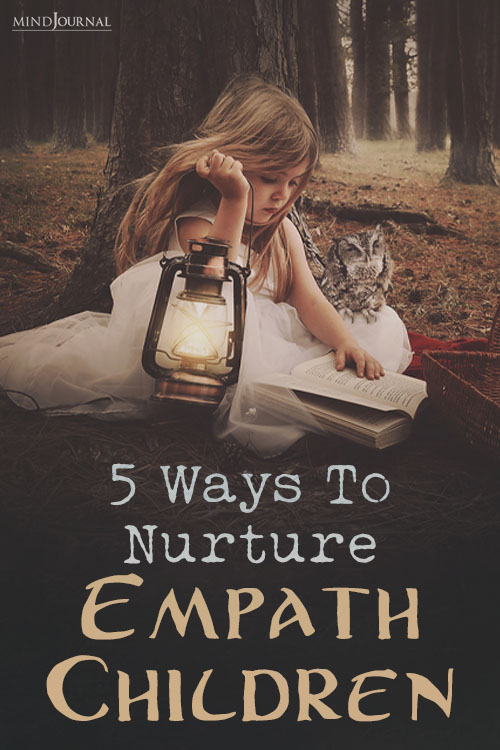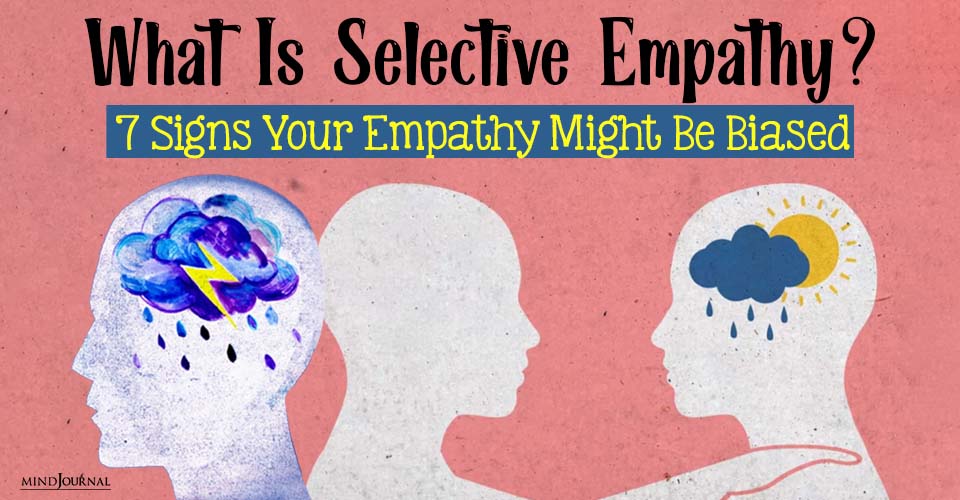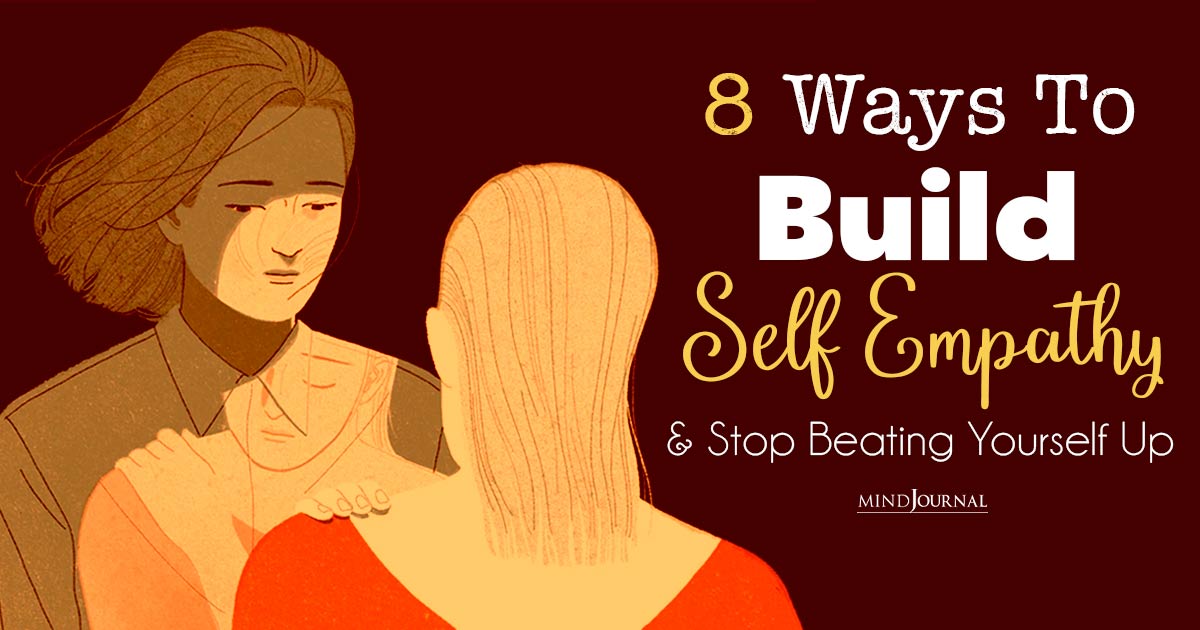Raising children is hard, no matter what. However, raising an empathic child can be especially challenging. But with the right guidance and understanding, it can be a wonderful experience.
Empath children are gifts to the world and need to be nurtured properly.
As a psychiatrist and empath, I’m often asked by parents for advice on raising their sensitive children. As an empath child myself, I never felt like I fit in. Much of the time, I felt like an alien on earth, waiting to be transported to my real home in the stars.
My ordinarily loving mother would call me “too sensitive” and would say, “You need to get a thicker skin.” So, I grew up believing there was something wrong with me, and I had terrible shame about my sensitive self.
If you’re the parent of a sensitive child, it’s important to support their sensitivities and help them embrace their abilities. This will help them feel comfortable in their own skin now and as they mature into sensitive adults.
Read More Here: The 15 Strange Behaviors Of An Authentic Empath
This is why I feel so passionate about my new children’s book, The Highly Sensitive Rabbit, because I want to help sensitive children embrace their gifts. I want to help liberate children from the shame I felt so they can thrive.

The book is about a caring rabbit named Aurora who was shamed by her family for her sensitivities but learns to embrace these gifts through the love and support of other animals. The following themes are explored in the book—they are strategies you can use.
How To Support An Empath Child? 5 Strategies to Support Empathic Children
1. Encourage openness
Invite your children to speak openly to you or supportive others about their abilities. Teach them to value their uniqueness and trust their gut feelings and inner voice. Then, they will see their gifts as natural.
2. Honor your children’s feelings
Listen carefully to what your children feel and respect it, even if it means the occasional day off from school. If your child needs to crawl under the dining room table or leave a large gathering, don’t drag them back into the party. Don’t shame them for wanting to escape. Just let them stay on the sidelines where they can observe and absorb without becoming overwhelmed.
3. Educate family members and teachers
Educate your children’s teachers and family members about their gifts and tendency for sensory overload. Ask them to support your children if they are bullied or teased.
4. Support your children in taking alone time to be quiet and creative
Empathic children thrive on free, unstructured time to be creative and allow their imaginations to wander. They recharge and calm down when they are alone. This reduces their stimulation level. Sensitive children often have imaginary playmates.
5. Teach your children breathing and meditation exercises
When empathic children are stressed, or if they feel as if they’ve taken on other people’s emotions (including your own), teach them to take a few deep breaths to calm down. In addition, they can close their eyes for a couple of minutes and meditate on a relaxing image.
Related: 12 Signs Your Child Is An Empath
It is a blessing to support the gifts of empath children. When they learn to manage their sensitivities early on, their childhood and adult lives will be easier and more fulfilling. From this perspective, parenting sensitive children is a spiritual act and sacred responsibility.
Written by: Judith Orloff, MD
Originally appeared on: drjudithorloff
Share your thoughts in your have an empath child in the comments below!










Leave a Reply